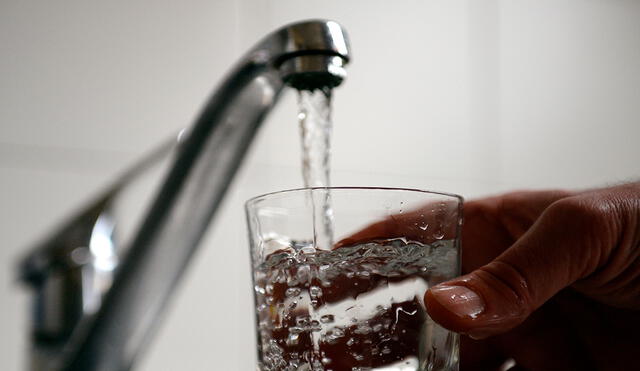How much water should you drink daily for better health? Spoiler: It's not 8 glasses
Large intakes of water, equal to and greater than 8 x 8, are advisable for the treatment or prevention of some diseases, as well as special circumstances like vigorous work and exercise, or hot climates.

“Drink lots of water” is a common mantra for anyone who wants to enjoy good health, more energy, glowing skin, or lose weight. The National Academy of Science, for example, recommend up to 2.7 liters of water per day for women and 3.7 liters for men. There is also an old and popular adage: Drink eight glasses of water at 8 ounces each every day, which adds up a total of approximately 1.9 liters per day.
However, many of these recommendations are based on epidemiological studies, experiments carried out on dozens of people, or subjective methods. The truth is that each individual has different needs and lives under unique circumstances, which mis why recommendations for daily water intake are (or should be) personal.
How much water should you drink daily?
A recent 2022 study, published in Science, examined water exchange, which refers to the amount of water used by the body each day. Researchers found that total water input and output varied according to many factors, including:
- Age
- Body size
- Physical activity
- Air temperature
- Humidity
- Altitude
The study indicated that 'one size does not fit all for drinking water guidelines', and the common suggestion that we should drink eight 8-ounce glasses of water per day (~2 liters) is not backed up by objective evidence.
Therefore, previous and widely spread recommendations may be too high for most people in most situations and a realistic daily figure could be as low as 1.5L for young men and 1.3L for young women, subject to variation.
Who needs to drink more water?
As mentioned above, water intake is important and varies depending on each person's characteristics, lifestyle, and environment. Some people definitely need a higher water intake. You might be one of them if:
- You have an active job: The more you move, the more you sweat, and you should replace lost water through fluid intake.
- You are an athlete or exercise regularly: Even if you don't realize it, you lose a lot of fluids during physical activity.
- You live in a hot climate: Hot weather means increased sweating, and it is essential to replace lost fluid.
- You are pregnant or breastfeeding: Pregnant people require more water to encourage improved circulation and increased calorie intake. Breastfeeding people require extra water to support breast milk production.
How to say hydrated? Tips to drink more water
Water alone is not enough to maintain a proper balance. When doctors say ‘stay hydrated,’ what they really mean is maintaining a good balance of fluids in the body to help maintain normal physiological functions. This process involves not only the intake of water, but also an adequate amount of electrolytes for the body to function optimally.
Electrolytes, such as sodium chloride (salt), are minerals with a positive or negative electrical charge, especially when dissolved in water. These minerals are essential for the body and are present in blood and other body fluids. In addition to sodium, significant electrolytes include potassium, calcium, and magnesium, among others. Here are some tips to drink more water:
- Drink when you're thirsty.
- Drink a glass before meals and between meals.
- Drink half your body weight in ounces.












